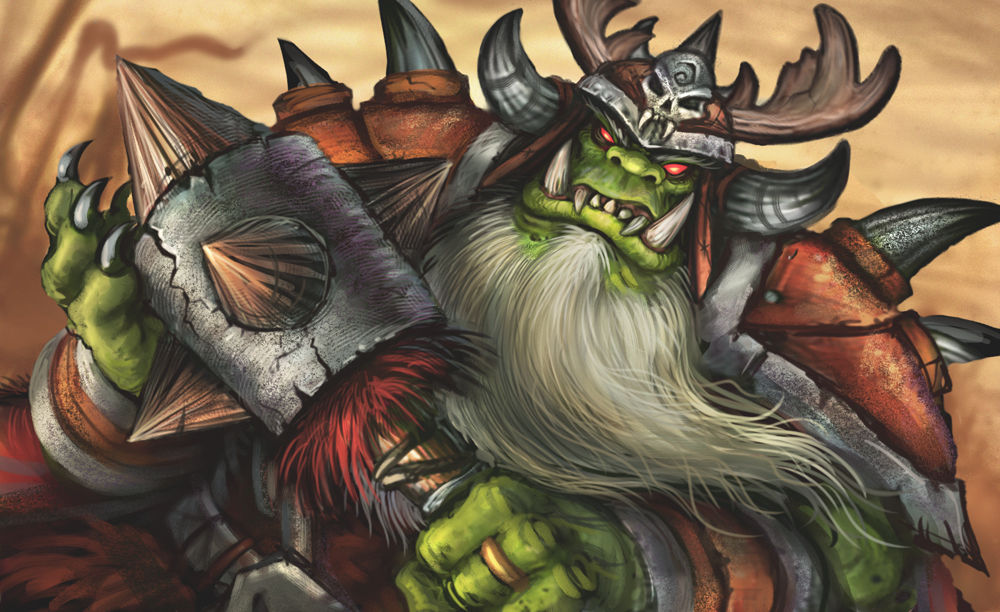 |
| Unless, of course, your grandma pwns n00bs. |
Have you ever tried explaining Armor Class to your grandmother? If so, I bet you had a difficult time getting the concept across. How often will you run into that issue when you write? Or worse, how often will you explain something that the reader already understands and waste everyone's time?
Today's Problem: "I don't get it."
Games define terms to mean specific things, and those definitions create elements of a new language. Those who have never learned the language will take some time to get up to speed, whether starting from "What is a role-playing game?" or "How does this game differ from D&D?"
When talking with non-gamers, you'll need to start with very basic concepts like how to play a character in an imaginary world. If they've played Monopoly, there are tenuous parallels, but you may need to spend some time drawing lines and defining terms. Be patient, and be prepared to answer plenty of questions.
If you're dealing with established gamers learning a new system, you can tie the new system's concepts to whatever system they know. You can still run into trouble if you start defining their prized +4 Demonbane Sword as an Aspect or Stunt.
 |
| What do you call the Orc King? Anything he wants. From Vegasmike at DeviantArt. |
Solution: Know Your Reader.
Take some time to think about your audience. If you know who will read your article before you start, you can easily figure out where to start your explanation and how much detail you need. You have several scopes to consider when you're writing, and sometimes multiples in a single article.
- Your gaming group knows the context of your campaign, so you can gloss over many historical details and get down to writing very specific stories and articles. Reaching a wider audience will require some backstory to fill in the gaps.
- Fans of a setting/game will know the inner workings of the game. Assume they know that a beholder runs the local crime syndicate or that Wolverine is notoriously hard to kill.
- Tabletop RPG players generally have a handle on the GM/Player setup, though they might not know how advantageous a +2 bonus is in a particular system.
- General gamers are tougher to pin down, since they could come from boardgames or MMOs or LARPs. If you're trying to reach out to a new audience, do your research so you can start talking their crazy health/mana language or trade wood for sheep.
- Non-gamers need major hand-holding. Stick to general concepts to introduce gaming, as advanced concepts like a complex alchemy system will probably go directly over their heads.
In Sum
 |
| Engage! |
Now get out there and engage your audience.

No comments:
Post a Comment